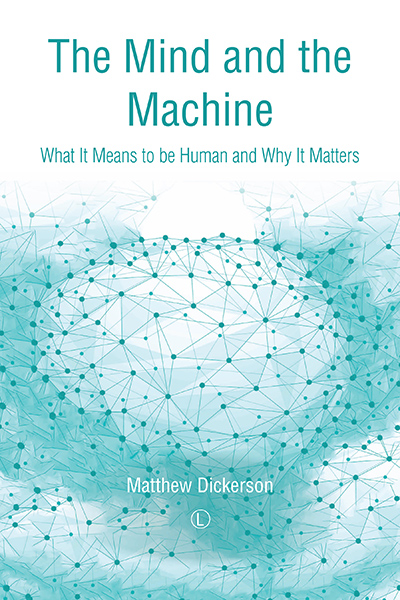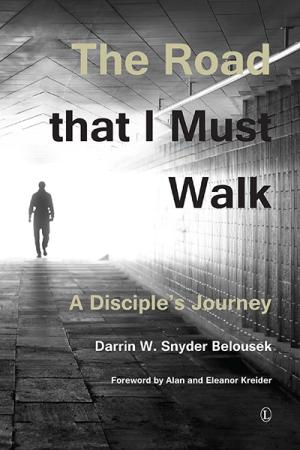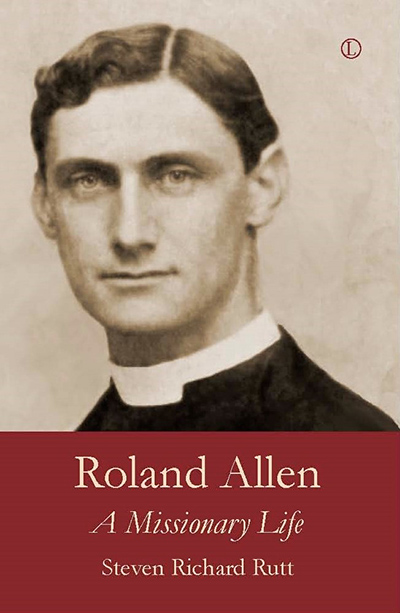Description
Are humans just complex biochemical machines, mere physical parts of a causally closed materialist universe? Are we approaching the so-called ‘Singularity’, when human consciousness can (and will) be downloaded into computers? Or is there more to the human person – something that might be known as ‘soul’ or ‘spirit’? As this book makes clear, the answers to these questions have profound implications to topics such as heroism, creativity, ecology, and the possibility of reason and science. In exploring this important topic, Dickerson engages the ideas of some well-known twentieth- and twentyfirst-century espousers of physicalism, including the philosopher Daniel Dennett, the biologist Richard Dawkins, the futurist-engineer Raymond Kurzweil, the psychologist B.F. Skinner, and the mathematician-philosopher Bertrand Russell. Through a careful reading of their works, Dickerson not only provides a fivefold critique of physicalism but also offers a Christian alternative in the form of ‘integrative dualism’, which affirms the existence of both a physical and a spiritual reality without diminishing the goodness or importance of either, and acknowledges that humans are spiritual as well as bodily persons.
About the Author
Matthew Dickerson is a professor at Middlebury College, affiliated with the Department of Computer Science and the Program of Environmental Studies. His most recent books include The Rood and the Torc: The Song of Kristinge, Son of Finn (2014) and The Gifted (2015).
Contents
Acknowledgments
Foreword by Charles Taliaferro
Introduction: Why Any of This Matters
Implications of a Human Machine
1. Ghosts, Machines, and the Nature of Light
2. Physicalism, Creativity, and Heroism
3. Naturalism and Nature: The Ecology of Physicalism
4. Reason, Science, and the Mind as a Physical Brain
The Spiritual Human
5. Affirming the Creative and the Heroic
6. Body, Spirit, and the Value of Creation
7. A Biblical Defense of Reason and Science
8. The Integrated Person
Works Cited
Endorsements and Reviews
An engaging and probing exploration of some of the fundamental questions humans ask about themselves: Is a human being just a machine made out of protein? Are humans completely determined by the physical processes going on in their bodies? Is the belief that humans are spiritual just a vestige of prescientific thinking? Dickerson attacks these questions – and many others – with verve and élan. The book is a model of interdisciplinary inquiry, drawing on a deep understanding of contemporary philosophy, science, and computers.
C. Stephen Evans, Baylor University
Dickerson is one of the most gifted, clear-headed contemporary writers working on consciousness today. He has a command of the philosophical literature, a love for well-crafted, compelling arguments, and a matchless grasp of the deep wisdom that can be found in the work of C.S. Lewis and J.R.R. Tolkien. His latest book is both an accessible introduction to central questions about human nature and a sustained, rigorous argument for recognizing the distinctive, overwhelming value of human persons.
Charles Taliaferro, St. Olaf College; author, Consciousness and the Mind of God
Dickerson is a thoughtful computer scientist exploring the presuppositions behind the notion that the human mind is nothing more than a complex machine. By pushing this idea to its logical conclusion, he shows the troubling implications for free will, creativity, environmental care, and reason. By contrasting this reductionistic approach with a view informed by the biblical story, Dickerson affirms a holistic view of what it means to be human. This is simply the best book I have found on this important topic – I highly recommend it!
Derek C. Schuurman, Professor of Computer Science, Redeemer University College; author of Shaping a Digital World: Faith, Culture and Computer Technology






